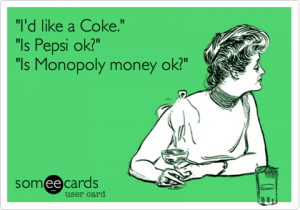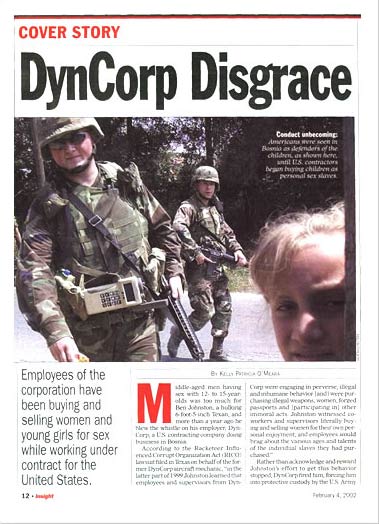Elyssa’s blog talks about how Jimmy Kimmel was able to get people to think the iPhone 4s was actually the new iPhone 5. I thought this was an excellent demonstration of brand power and loyalty, and the effect that expectations can have on a product. In this case the power of marketing has a lot to do with the response to the new iPhone. It was people’s expectations for a faster and more innovative iPhone and their extreme trust in Apple having superior products that let them believe it was the new iPhone. This blog made me consider why I have purchased Apple products over the years and whether the marketing could have impacted my decision as well. I found a similar exampleof brand loyalty between Coke and Pepsi. On average most people would say they preferred the taste of Coke.
However when a blind taste test was conducted between the two products with consumers unaware which cola they were drinking 57% preferred Pepsi. This shows that knowing which cola they were drinking affected the taste, similar to the way knowing or thinking it was the iPhone 5 made it faster and lighter.
Image retrieved from the Ecards website.





